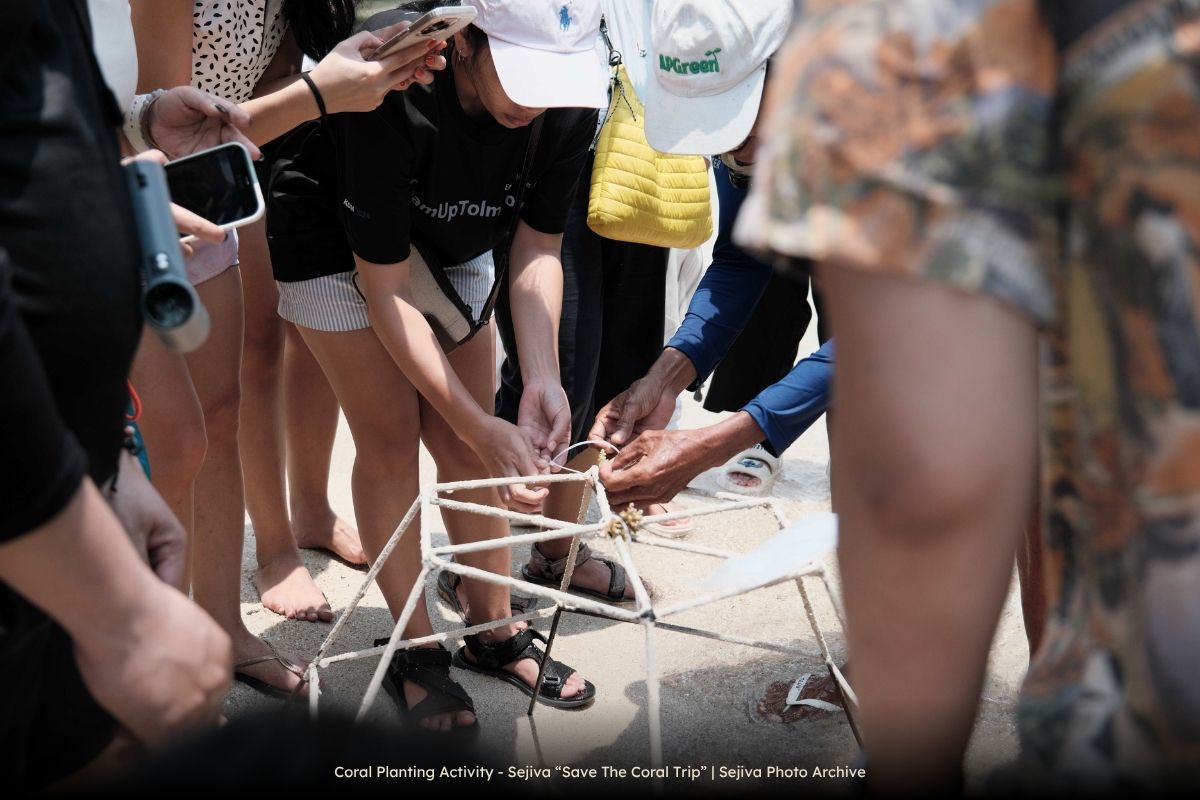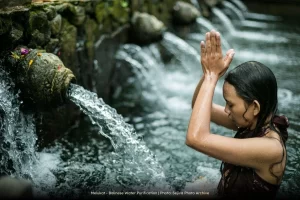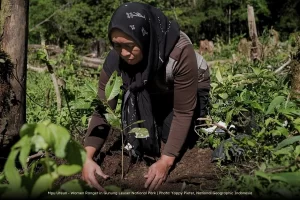For centuries, our deep connection to the wild was a birthright. Now, science confirms a startling truth: over the last 200 years, humanity’s psychological link to nature has dropped by over 60%. This critical finding comes from research led by Miles Richardson, a professor of nature connectedness at the University of Derby.
This profound deficit is the invisible hole behind your digital burnout, constant anxiety, and stress. Science confirms that adults now spend over 90% of their time indoors, and this biological deprivation is why you feel restless. It’s not just about screen time; it’s that your biology is missing the essential nutrient that only the natural world provides, a nutrient proven to significantly decrease the stress hormone cortisol and aid psychological recovery. If you feel restless even on vacation, the scientific data suggests you’re experiencing the 60% problem firsthand.
why your vacation fails to cure burnout: the passive tourism trap
Passive Tourism is the comfortable, but ultimately unfulfilling, form of travel you already know: where you simply check off famous sites, snap photos, and consume the destination without truly connecting. It’s the difference between merely looking at a landscape and participating in it. Just looking at a beautiful landscape isn’t enough to heal this massive 60% deficit in your psychological connection to nature. Traditional tourism offers only passive viewing, and passive viewing cannot solve a biological need. To fix this deep psychological deficit, your travel must evolve from consumption to contribution.
To reverse this decline, scientists say we need transformational change—we must be 10 times more active in our engagement. This transformational shift, from passive tourism to active re-engagement, is the most effective way to address this deficit. This is the guiding principle behind #TravelPositive. This movement redefines travel as an active force for restoration, both for the planet and the traveler’s spirit.
how #travelpositive turns a vacation into a cure
The solution to the 60% problem lies in active re-engagement. When you choose travel designed for Positive Impact, you achieve two profound things at once:
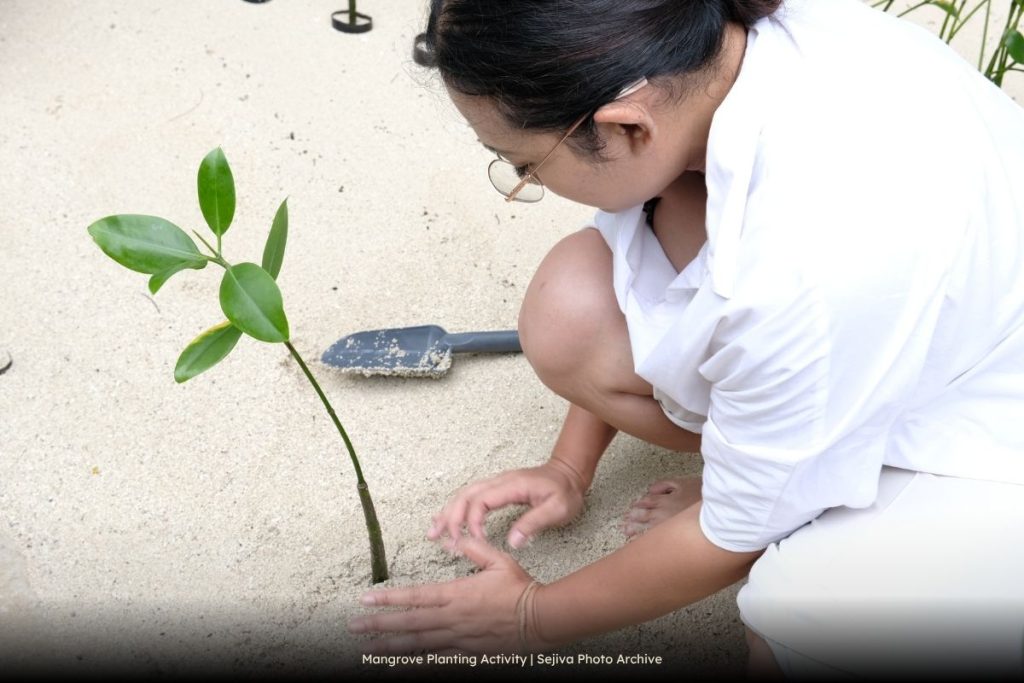
1. become a restorative traveler
The deepest cure for burnout is the shift from feeling disconnected to feeling essential. You don’t need a passive lecture on conservation; you need to become the positive force for change. When you actively participate in the restoration of a place, you forge a deep, personal connection that heals your spirit.
- Act with Purpose: Travel becomes richer when you move beyond a snapshot and into a shared act of contribution. Instead of just swimming past a coral reef, you can join a local team to help restore it. When you plant mangroves on an Indonesian coastline, you aren’t just on a trip; you are closing this deep disconnection with your own hands, fulfilling a fundamental human need for purpose.
- Relearn the Language of Nature: We often lose the words to describe nature. Local guides and communities are the masters of this. By learning the specific names and uses of local plants and ecosystems from them, you are instantly rebuilding the vocabulary of connection that has been lost over the last two centuries.
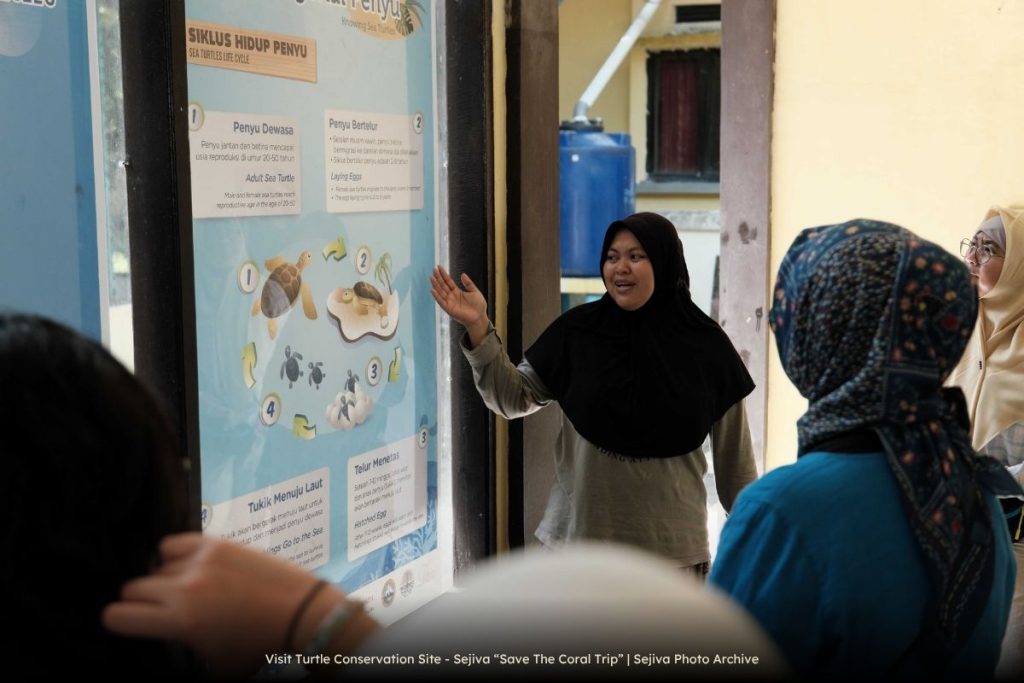
2. embrace active restoration
The #TravelPositive philosophy is simple: we must move past ‘doing no harm’ and into active healing.
- The Power of Local People: The local communities you visit are the greatest teachers. When you learn about the forest from an Indonesian guide, you discover that the survival of the People is tied directly to the health of Nature. Your money and journey become a respectful exchange that supports the Culture that stewards the land.
- Leave a Legacy, Not Just a Trace: When your trip is intentionally designed for contribution, you satisfy the deepest psychological need: the desire to belong to something larger. You are not just booking a vacation; you are funding the healing of the ecosystem and the healing of your own spirit.
Start Your #TravelPositive Journey Today. Stop booking consumption; start planning contributions. Explore our curated Positive Impact Trips and discover the experience that ensures you inherit an unshakeable connection to the earth, making your spirit resilient, purposeful, and fully connected.
the sources of the data:
Source 1 (60% Decline in Nature Connection):
The Guardian, reporting on academic findings from Professor Miles Richardson: Human connection to nature has declined 60% in 200 years, study finds.
Source 2 (Nature-Based Recreation and Human Well-being):
MDPI Journal: Sustainability of Nature-Based Recreation and Tourism and Its Effects on Human Well-Being

